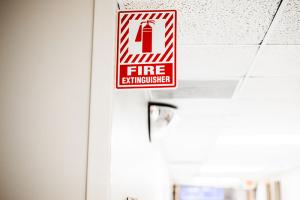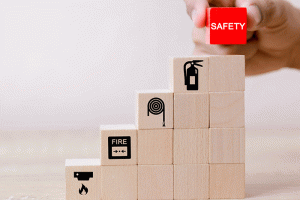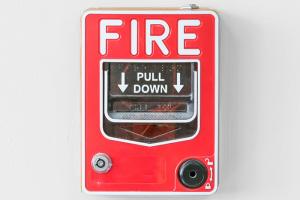ASHE offers new course on commissioning
Commissioning a ship involves getting it ready for active service. A commissioned ship has been tested, and its crew has been trained. Any equipment or operational problems have been fixed. It is ready to become part of a high-performing fleet. Likewise, the commissioning process for buildings ensures that a facility operates as it is designed to operate. This process helps organizations achieve the results they expect when building a new facility or making changes to an existing facility.
In both commissioning processes, there are up-front costs. But the Navy wouldn't dream of putting a ship into active service without fully ensuring its performance. And those involved with building health care facilities also should realize that commissioning can yield a significant return on investment. The cost of not commissioning a building can be far more expensive than up-front costs.
Still, making the business case for commissioning can be a challenge in today's economic climate. But a new educational program offered by ASHE explains how to advocate for the commissioning process and the value it brings to health care facilities.
The new course helps you to develop a business plan that will enable executive leaders to see the value commissioning brings and evaluate the return on investment. Case studies show how commissioning can help manage first costs, achieve the expected return on investment, meet the organization's strategic goals and provide sustained efficiencies.
In addition to focusing on the business benefits of commissioning, the course explains why collaboration is needed during the process. The health care organization, design team, contractors and commissioning agent work together and share responsibility for assuring that the owner's project requirements are met. The course also shows how health facility commissioning can be scaled to all kinds of project scopes and how to integrate the process into all projects.
This new course is the latest in commissioning information from ASHE. In 2010, ASHE published the Health Facility Commissioning Guidelines — the first commissioning guidelines specifically tailored to health care facilities. Because hospitals operate 24 hours a day and have a vulnerable population, they often require different systems than those of typical commercial buildings and require a commissioning process designed for health care. In 2012, ASHE published a companion book called the Health Facility Commissioning Handbook. This step-by-step guide provides information on implementing the ASHE commissioning process and includes sample commissioning documents.
To buy the Health Facility Commissioning Guidelines or the Health Facility Commissioning Handbook, visit www.ashestore.com. To learn more about the ASHE course in commissioning, visit www.ashe.org/learn.
By Deanna Martin, senior communications specialist at ASHE.
ASHE insight
ASHE releases monographs on important facility issues
ASHE recently published three monographs on topics important to health care facilities professionals: managing hospital electrical shutdowns, the physical environment provisions of pharmaceutical compounding, and medical gas cylinder and bulk tank storage. The monographs can be downloaded for free by ASHE members and can be purchased by nonmembers by logging on to www.ashestore.com.
ASHE has launched a YouTube channel featuring videos on code compliance issues, ASHE initiatives and educational programs. Accessible at www.youtube.com/asheaha, the channel includes videos of experts in the field answering questions on regulations and speaking on topics such as smoke and fire barrier penetration and the differences between various editions. ASHE, in partnership with Schneider Electric, recently rolled out Schneider's Energy University to ASHE members. To help guide members to the information that is most useful, ASHE has identified specific courses beneficial for health care facilities managers, energy managers and technicians. For more information, visit www.ashe.org.View ASHE programs on YouTube
Energy University classes open




